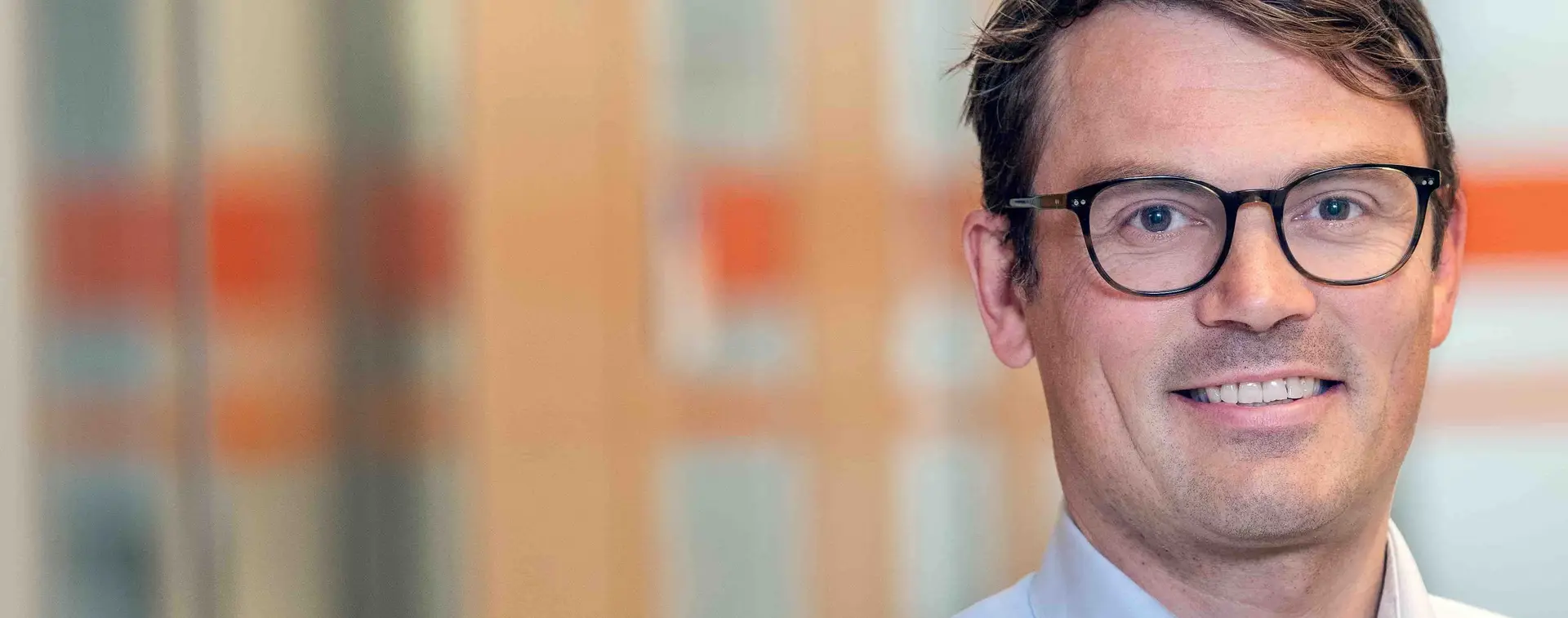About the project
Pancreatic carcinoma is comparatively rare in Germany, with around 20,000 new cases every year. According to epidemiological forecasts, however, it will become the second most common cause of cancer-related deaths by 2030. There are currently only two combination chemotherapies available for the first-line treatment of patients with potentially resectable, locally advanced or metastasised pancreatic ductal adenocarcinoma (PDAC): FOLFIRINOX and gemcitabine-based regimens. However, a very different response to the two treatment regimens can be observed in individual patients, meaning that the overall five-year survival rates for all stages are only around 12%.
► more
The overall aim of RACOON-PDAC is to improve the prognosis of patients with pancreatic adenocarcinoma (PDAC) by developing algorithms based on radiological and clinical parameters that predict various clinical endpoints.
Main targets:
- Prediction of response to one of two standard chemotherapies
- Prediction of time to failure of first-line chemotherapy.
- Prediction of overall patient survival.
This is a retrospective, multi-centre study with 3 work packages. These included (1) the decentralised local data collection and annotation within each participating centre (RACOON LOCAL NODE), (2) the consolidation of the anonymised data, the automated extraction of further image parameters and the central quality control of the data in a secure central environment (RACOON CENTRAL) and (3) the training of various algorithms based on the collected training data for the prediction of defined endpoints.
All patients who fulfil the inclusion criteria are to be included over a 10-year period (01/2013 to 12/2022). Specifically, these are patients with a first diagnosis of PDAC and available CT image data and clinical data. We expect a total cohort of approximately 5000 patients.
The project is coordinated by Prof. Rickmer Braren, MD, from the Technical University of Munich (Institute for Diagnostic and Interventional Radiology) and PD Dr Marianne Sinn, MD, from the University Hospital Hamburg-Eppendorf (II. Medical Clinic and Polyclinic - Oncology, Haematology).





